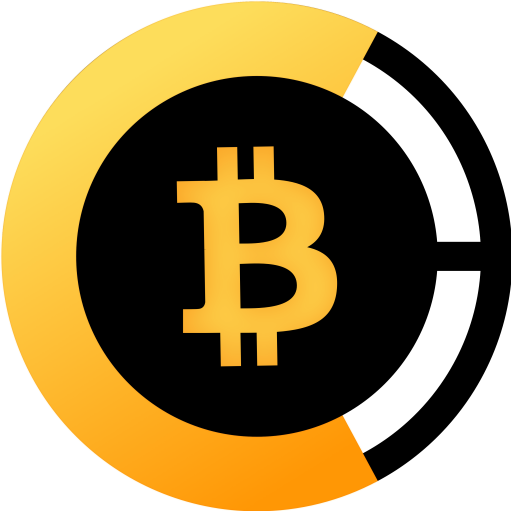In midst of different mindset emerging toward the future of cryptocurrency, South Korea’s Supreme Court ruled that bitcoin is a legally recognisable asset. The landmark ruling occurred on May 30, 2018, and it overturns a decision made by one of the country’s lower courts in a case dating back to last year.
In September of 2017, the Suwon District Court charged 33-year-old Ahn with the sale and distribution of child pornography.He was operating a pornographic website since 2013, Ahn was arrested in May of 2017 for having released some 235,000 obscene files. Even though the court handed Ahn a guilty verdict and 18 months in prison for his actions, it did not confiscate the 216 bitcoins Ahn earned in exchange for the porn.
According to the court, the government could not seize Ahn’s bitcoins because, unlike other assets tied to illicit dealings he was into, these weren’t tangible.
The court said “It is not appropriate to confiscate bitcoins because they are in the form of electronic files without physical entities, unlike cash, Virtual currency cannot assume an objective standard value.”
Seeing as Ahn accrued his digital fortune in exchange for an illegal service, the court reversed the decision and mandated that it is lawful for the government to confiscate it.
“Korean law stipulates that a seizable hidden asset ranges from cash, deposits, stocks, and other forms of tangible and intangible objects holding standard value,” the ruling from this Tuesday reads. “Bitcoin is intangible and comes in the form of digitized files, but it is traded on an exchange and can be used to buy goods. Therefore, receiving bitcoins is an act of taking profits.”
Ahn’s sentence will remain the same(Pooer Ahn), but he’ll have to forfeit 191 bitcoins, roughly priced at $1.4 million along with some $654,000 in cash. Tracking Ahn’s transactions on Bitcoin’s ledger, the court was able to determine how many bitcoins he received as payment.
“[Ahn] used to receive bitcoins by giving addresses of bitcoin to pornography watchers. Records stored on the blockchain proved that bitcoins sent to him should be seen as profits online,” the court ruling states.
The ruling gives digital assets like bitcoin enhanced legitimacy at a time when South Korea is also in the process of legalizing and regulating Initial Coin Offerings (ICOs). After effecting a domestic ban on ICOs in September of last year, the South Korean government has approached the cryptocurrency industry with ambivalent resolve. Tuesday’s ruling and the outlook of a formal framework for token sales, however, seem to be steering official policy in a cleaner and clearer vision.
